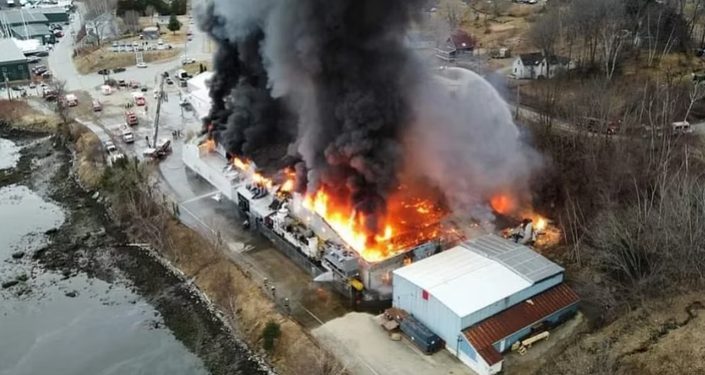#potatofarming #agriculture #sustainablefarming #precisionagriculture #automatedharvesting #alternative #markets #sustainability #PenobscotMcCrumPotatoFactory
The potato industry has been hit with a major setback as the Penobscot McCrum Potato Factory, a major supplier of potato products, will not be rebuilt after a fire. This has prompted the company to shift its focus, leaving many farmers and agronomists wondering how this will impact the future of potato farming. In this article, we will explore the current state of the potato industry and discuss potential strategies for adapting to this shifting landscape.
According to the United States Department of Agriculture (USDA), potatoes are the fourth-largest food crop in the world, with over 388 million metric tons produced in 2021. However, the industry has faced challenges in recent years, including climate change, disease outbreaks, and labor shortages.
The closure of the Penobscot McCrum Potato Factory in Washburn, Maine, adds to these challenges. The factory was a major supplier of potato products, including french fries, and its closure will have a significant impact on the industry.
To adapt to this shifting landscape, farmers and agronomists can explore alternative markets for their potatoes, such as the growing demand for potato chips and other snack foods. They can also invest in new technologies, such as precision agriculture and automated harvesting, to increase efficiency and reduce labor costs.
Another potential strategy is to focus on sustainable farming practices, such as reducing water usage and using organic fertilizers, which can not only improve the environmental impact of potato farming but also appeal to consumers who are increasingly concerned about the sustainability of their food.
The closure of the Penobscot McCrum Potato Factory highlights the need for the potato industry to adapt to a shifting landscape. By exploring alternative markets, investing in new technologies, and focusing on sustainable farming practices, farmers and agronomists can help ensure the future of potato farming.







